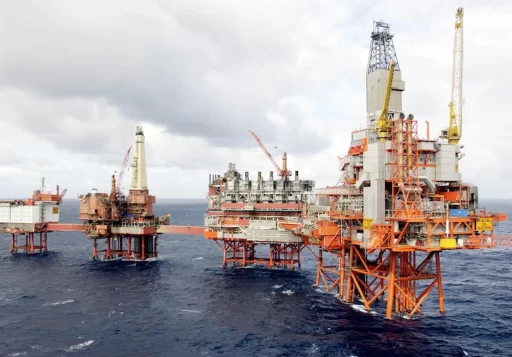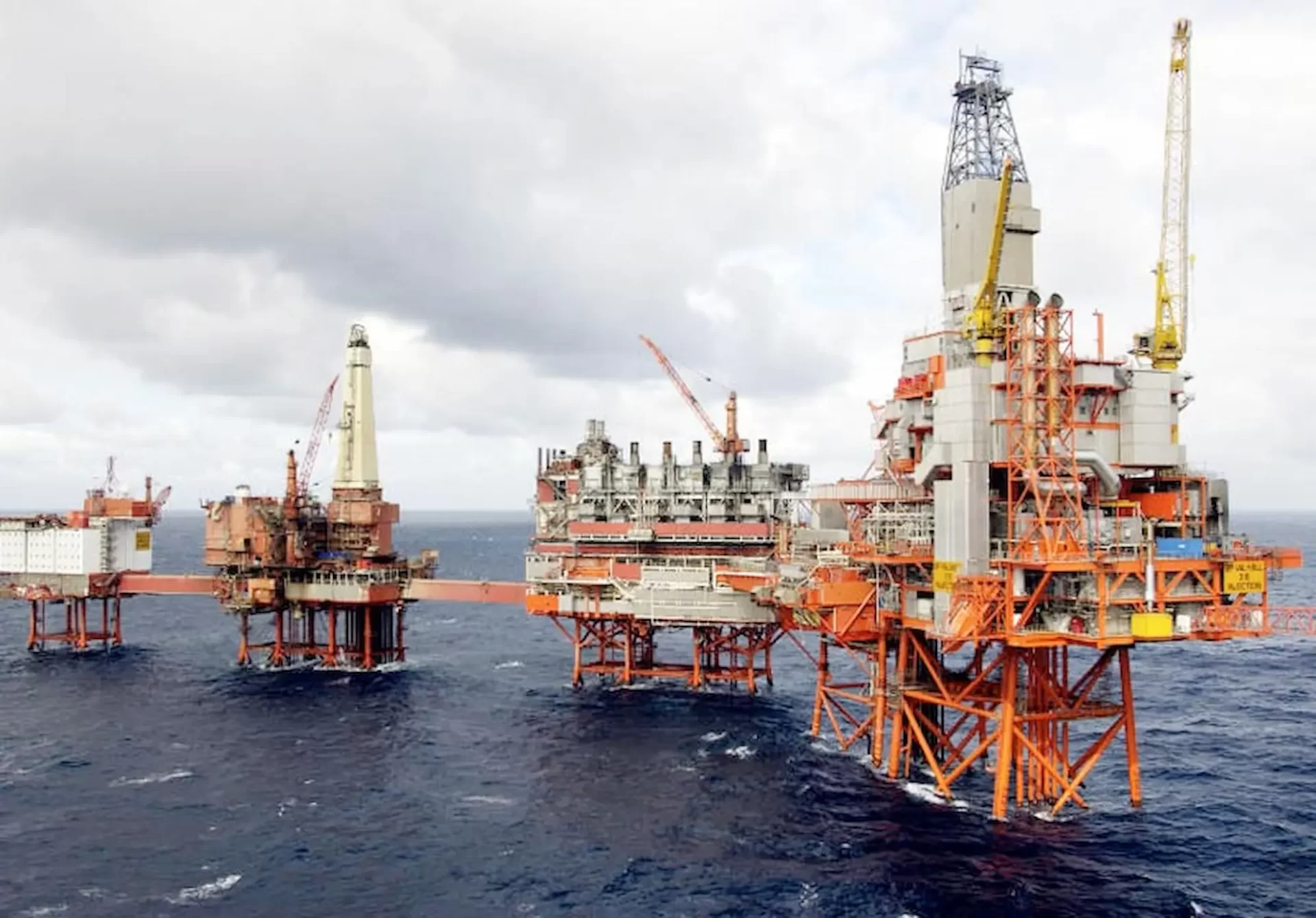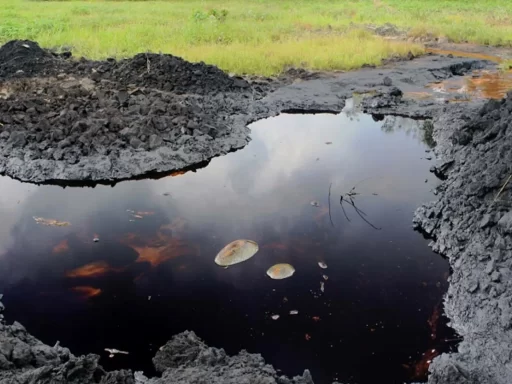African Upstream Oil Sector Set to Sustain Mergers and Acquisitions in 2026 — AEC
By Naija Enquirer Staff
The African Energy Chamber (AEC) has projected a continued wave of mergers and acquisitions (M&A) across Africa’s upstream oil and gas sector in 2026, as strategic corporate realignments and expanded licensing rounds reshape the continent’s energy landscape.
This outlook, captured in the AEC’s State of African Energy 2026 Report, highlights increased interest from global independents, international oil companies (IOCs), and indigenous operators looking to acquire strategic assets and enhance upstream participation.
Strategic Corporate Shifts Driving Deal Activity
Despite global upstream M&A falling to $51 billion in the first half of 2025 amid financial uncertainty and trade pressures, Africa remains a high-interest region, particularly for portfolio expansions and strategic re-positioning.
While deal-making slowed in North America, international energy firms shifted focus to targeted transactions such as bolt-on acquisitions, joint development projects, and region-focused growth strategies.
The AEC notes that major global independents continue to divest mature assets across Africa, enabling local players to expand their footprints.
Nigeria Leads Indigenous Acquisition Momentum
Nigeria remains a frontrunner in African upstream M&A activity, with local operators strengthening their presence through asset takeovers.
Over the past decade, firms including Seplat, Oando, First E&P, Amni, Conoil, Newcross, Aiteo, Neconde, and Shoreline have built strong E&P portfolios through competitive bids and corporate acquisitions.
Key transactions shaping Nigeria’s recent upstream landscape include:
- Seplat Energy’s acquisition of ExxonMobil’s 30% operated interest in Mobil Producing Nigeria Unlimited
- Oando’s purchase of Eni’s onshore subsidiary
- Chappal Energies Offshore’s acquisition of TotalEnergies and Equinor’s assets
- Shell’s sale of SPDC to Renaissance consortium of indigenous firms
These deals mark a sustained rise in indigenous participation in onshore and shallow water operations, while IOCs focus on high-return deepwater assets — underscored by Shell’s recent FID for the Bonga North project.
Broader African Market Sees Expanding Investor Interest
M&A momentum has also increased across other African regions, with trading giants and IOCs repositioning portfolios.
Vitol’s $1.65 billion purchase of Eni assets in Ivory Coast and Congo, and Shell’s $510 million stake acquisition in Nigeria’s Bonga field, signal continued global interest in African deepwater and LNG-linked assets.
Eni’s dual E&P model — retaining operatorship while divesting minority stakes — continues to drive energy transition funding and strategic market positioning.
Licensing Rounds Fuel Growth Opportunities
Licensing activities across Africa are fueling competitive interest, with notable reforms aimed at investor-friendly incentives.
Early 2025 developments included:
- Algeria’s first bid round in a decade, awarding 5 of 6 blocks under revised fiscal terms
- Libya’s landmark licensing round offering 22 blocks for the first time in 17 years
These openings, although delayed in some countries, reflect a broader continental shift toward attractive contract structures for both mature and emerging oil basins.
Aggressive Deal Climate Expected in 2026
AEC Executive Chairman, NJ Ayuk, projects a highly competitive M&A environment in 2026, especially among mid-sized independents and African-owned operators.
“The African oil and gas sector is set for significant consolidation in 2026,” he said, noting a rising trend in stock-for-stock swaps alongside traditional cash deals.
“There is an ‘eat or be eaten’ mentality building up in the African upstream space,” Ayuk added, predicting more aggressive acquisition strategies in the coming year.
AEW 2026 to Spotlight Investment Opportunities
The upcoming African Energy Week (AEW) 2026 will host policymakers, investors, and industry executives to examine M&A dynamics, indigenous participation, and licensing reforms shaping the future of Africa’s upstream market.
With rising investor interest and competitive corporate restructuring, Africa’s upstream oil sector is positioned to reinforce its role in global energy supply — and unlock new opportunities for regional and international players.







